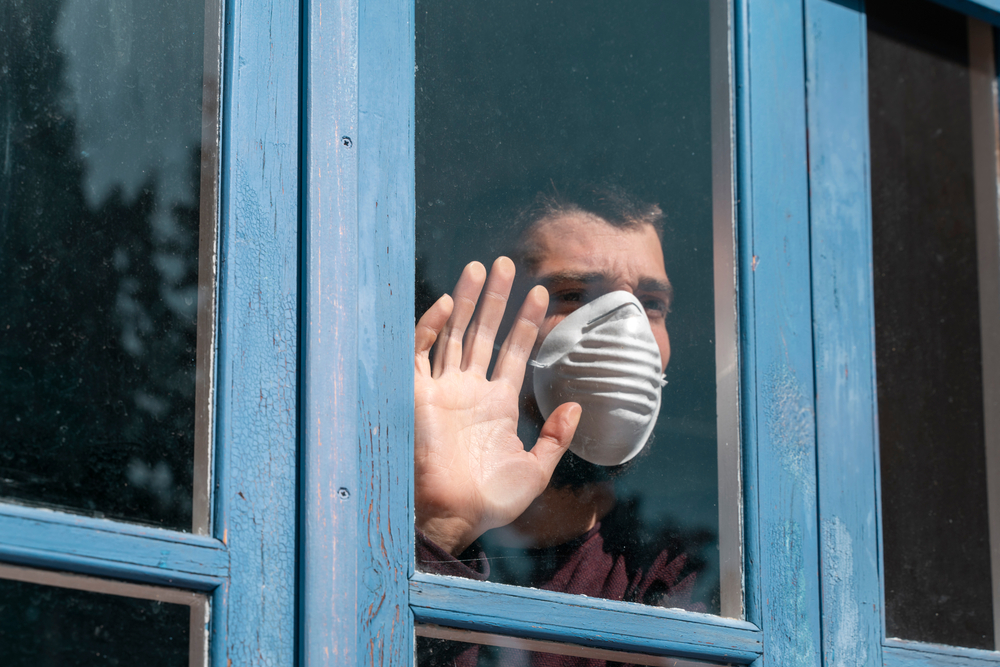
Covid-19
As I’ve already mentioned before, because we’re living in a pandemic, the loss of smell is usually associated with COVID-19. Since the start of the worldwide pandemic, anosmia was identified as one of the most common COVID-19 symptoms, a hallmark, I might say.
According to an April 2020 study published in the International Forum of Allergy & Rhinology, 70 percent of coronavirus infected patients presented symptoms like loss of smell and taste. Jordan Teitelbaum, DO, an otolaryngologist and head and neck surgeon in Chicago explains that anosmia is a hallmark because the coronavirus attacks the olfactive nerve.
He also added that the loss of smell appears unexpectedly and because we are now dealing with a pandemic, it’s most certainly an early sign of COVID-19 infection. He urges people that experience loss of smell to test themselves and self-isolate until they receive the results.
Additionally, Dr. Teitelbaum suggests that loss of smell usually indicates a milder COVID-19 form, compared to patients who experience shortness of breath.
Alzheimer’s disease
A 2018 study published in Biosensors, linked anosmia to Alzheimer’s. According to a study, the loss of smell could be an early indicator of the disease, but it could even appear long before you meet the diagnostic criteria for Alzheimer’s.
According to Dr. Teitelbaum, Alzheimer’s patients experience damage in the central cortex of the brain caused by abnormal proteins, contributing to the loss of smell as an early symptom in the disease process.












































2 thoughts on “Losing Your Sense Of Smell? Find Out Why”
smell and taste
Lost my sense of smell (along with my sense of taste) about 3 yrs ago. Never figured out why. It’s really a pain in the a_ _. Having a good meal isn’t important nor is smelling the roses BUT I keep on searching for the possibility of having those changes reversed.